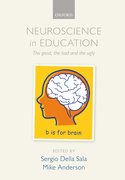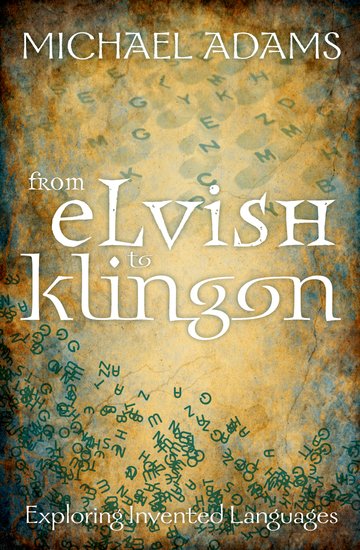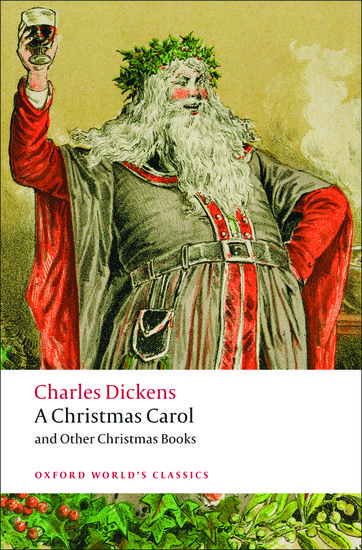The dog: How did it become man’s best friend?
The 11th February marks the opening of Westminster Kennel Club’s 137th Annual All Breed Dog Show. First held in 1877, the Westminster Kennel Club Dog Show is America’s second-longest continuously held sporting event, behind only the Kentucky Derby. The Westminster Dog Show epitomizes our long-standing tradition of domestication of dogs, but how did we arrive at such a moment in human and dog relations? The Encyclopedia of Mammals, edited by David MacDonald, offers some explanation as to how this species went from being wild prey-hunters to “best in show”, and from defending territories to defending last year’s titles.











